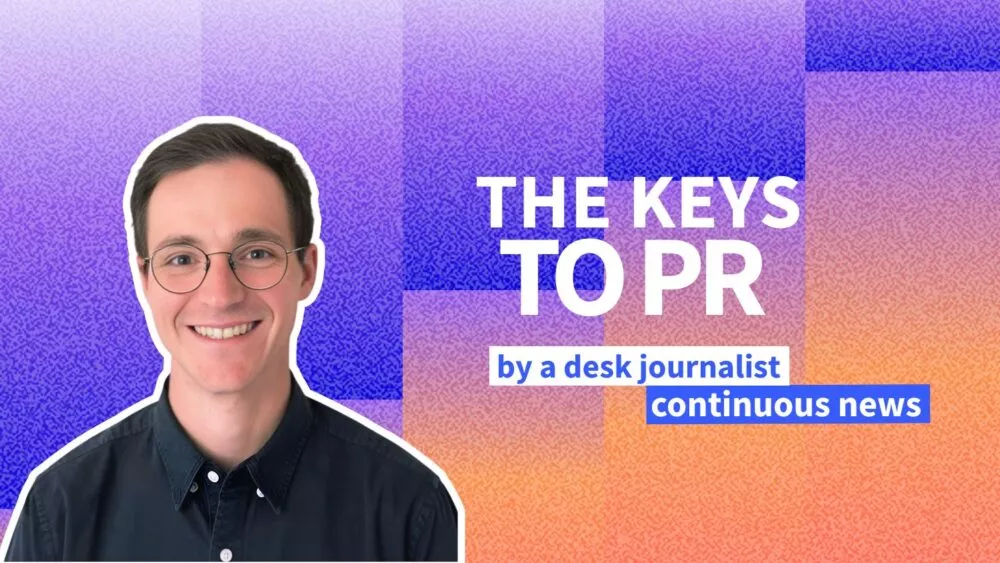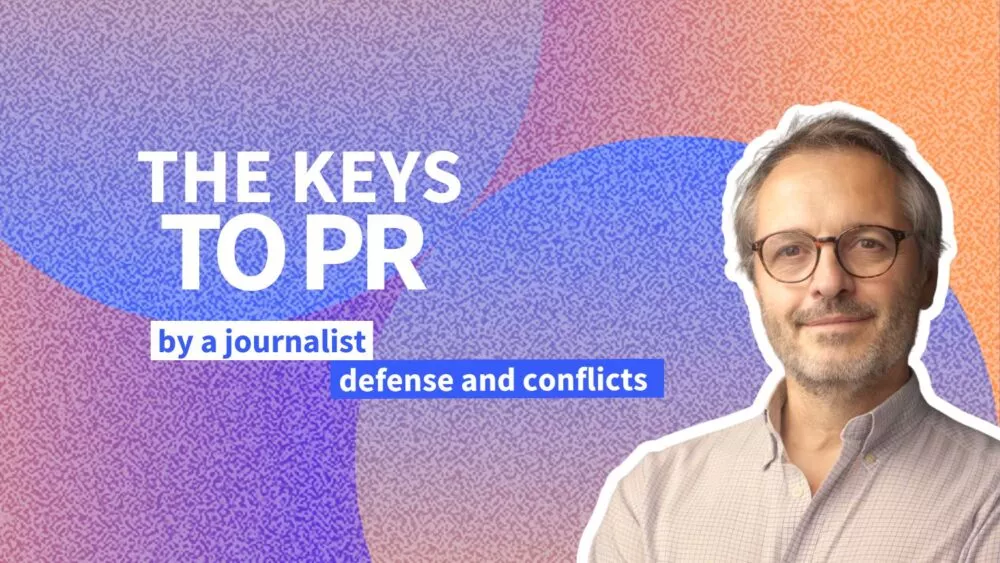There are several reasons contributing to this perception. Firstly, young people don't buy as many newspapers as previous generations. They are less likely to purchase national magazines or newspapers like L'OBS or Marianne, and are less inclined to turn to regional press. However, this doesn't necessarily mean they aren't interested in current affairs.
Unfortunately, people often make a shortcut by assuming that young people who don't buy newspapers aren't interested in current affairs in general. This belief is often reinforced by the fact that young people vote less than other age groups, which can be interpreted as a lack of interest in political and social issues. However, this conclusion is overly simplistic and doesn't take into account the various ways young people can engage with current affairs, including through social media and online platforms.
In several of your articles, you explain that young people tend to be indifferent to newspapers' editorial lines and their political positioning. Isn't this contradictory to the fact that these young generations are nevertheless characterized (notably) by the power of their engagement, their activism ?
In reality, young people mobilize and engage massively, but on issues that are particularly important to them, such as climate change, the environment, gender relations, and human rights. However, their engagement doesn't always translate into increased participation in traditional political processes, such as elections. Young people don't necessarily believe in the major democratic events every five years but rather prioritize more concrete and direct forms of engagement, such as grassroots actions, online campaigns, and occupying public spaces.You say you want to debunk misconceptions about young people regarding their relationship with social media, information, or their privacy. What are these misconceptions? And why do you think there are so many prejudices surrounding the younger generation ?
It's important to distinguish between stereotypes about this new generation and those about youth in general. Since ancient times, it has been explained that the new generation has bad manners, is uncultured, etc. In general, the established generation struggles to make room and consider that the upcoming generation can be just as competent, if not better. There has been a distrust of youth since there have been traces to identify them; people write that the next generation is worse than theirs.
Those who are least equipped against misinformation are seniors. Adults feel a duty to protect and educate the younger generation. Therefore, there are many efforts to raise awareness among students about critically distancing themselves from media and misinformation phenomena. As a result, young people are more likely to spot misinformation in general. This doesn't prevent them from believing in conspiracy theories or misinformation, but in number, they are not more numerous than other generations. Young people are not more susceptible to fake news than other generations. Media and information literacy is a societal issue for all generations.
In a recent study by IFOP (January 2023) for the Jean Jaurès Foundation, on "misinformation among young people (...) in the era of social networks," 44% of the young people surveyed who believed that "In Ukraine, the massacre of civilians in Bucha was staged by the Ukrainian authorities" use TikTok as their daily search engine. What do you think about this? Is there a link between their use of the social network and their relationship with truth ?
It's unclear if there's a causal link between the two. If an individual prefers to gather information on TikTok rather than through traditional news channels, it's not the social network itself that's being called into question, but rather the way that person perceives and comprehends their sources. However, screens and networks tend to blur the differences between sources, whereas not all sources are equal. What's conveyed on TikTok doesn't hold the same value as information transmitted by reliable sources. There needs to be an effort to remind young people that much of the information circulating on social networks is unreliable. It's akin to saying that Wikipedia is equivalent to an encyclopedia, when the narrative of truth can differ.
In one of your articles titled "Have young people abandoned traditional media for staying informed ?" you mention that "major newspapers function globally as 'brands' of reference." What does this mean? What does it reveal about the younger generations ?
Major newspapers are perceived as brands, meaning they are seen as symbols of quality and reference in the field of information. This shows that young people consume information directly on their phones, for example, when they want to know what Emmanuel Macron said during his speech on April 17th, they go straight to seek the information in a newspaper without necessarily considering its editorial line. They are less attached to the editorial lines of the media and often struggle to position them on the political spectrum.
In light of the information consumption habits of the youngest generations, would you say that the decline of traditional print media, in physical form, is inevitable ?
Print media is facing significant challenges among young people, who rarely read it unless their parents have made it a habit to subscribe. However, major newspapers, which function as reference brands for a third of them, still hold some appeal. As for visual media, although young people may not be interested in televised press, they still watch news channels. However, live television must reinvent itself to remain relevant, and the availability of replay options shows that channels have begun to adapt.
Interview by Randa El Fekih








